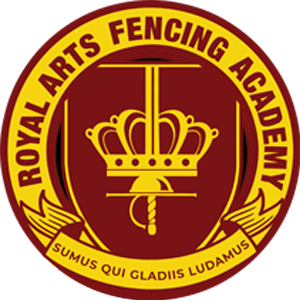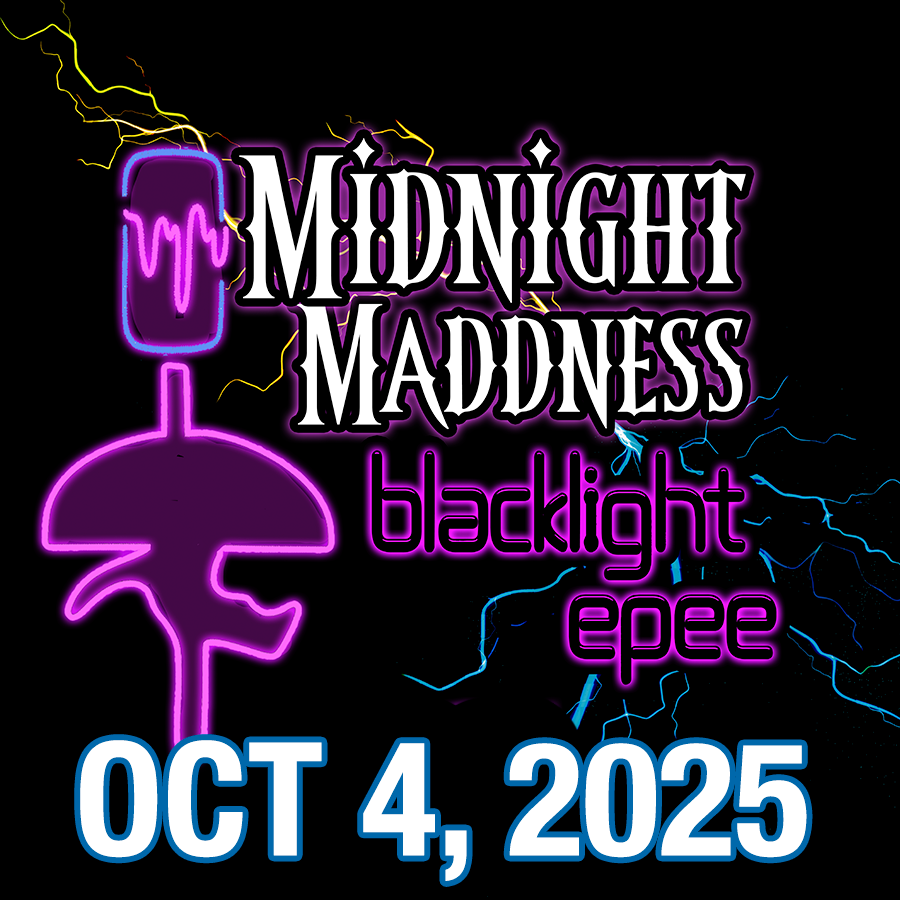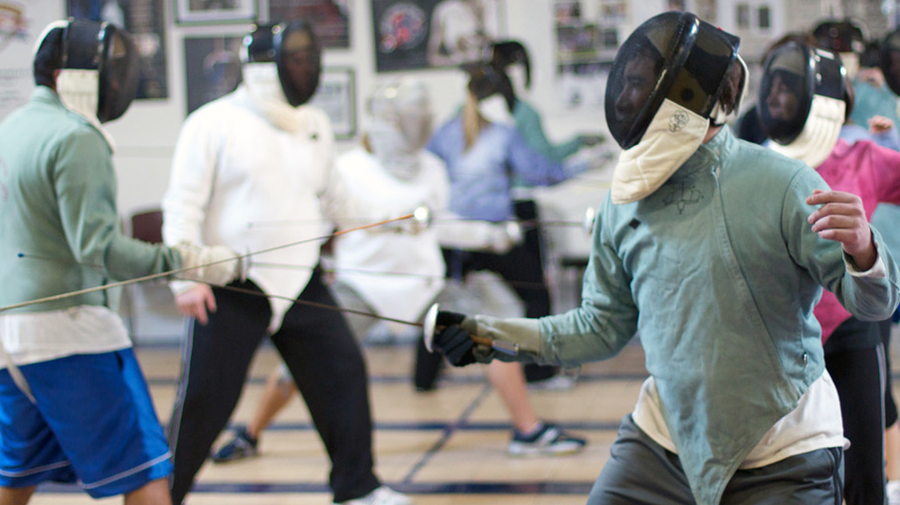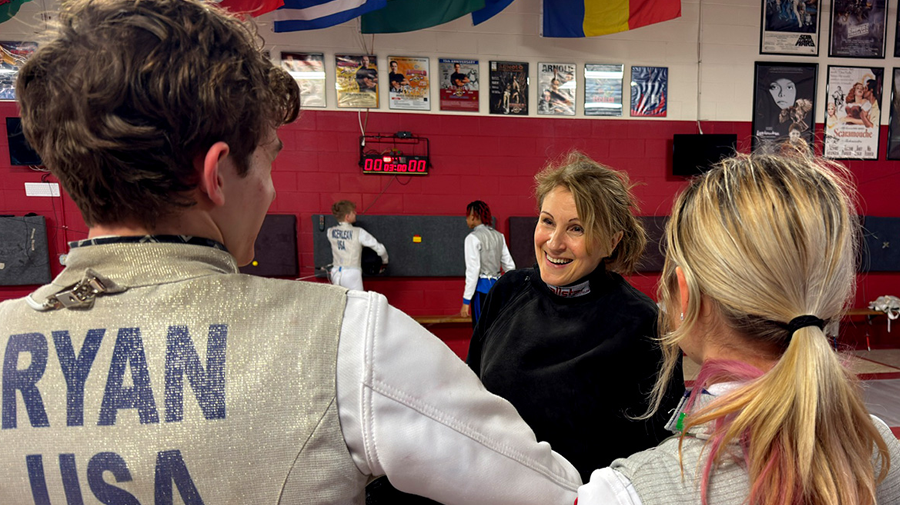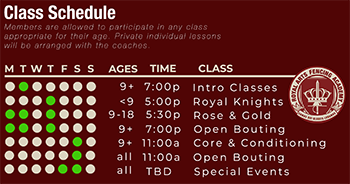Joseph Streb Wins Gold At 2013 Veteran World Championship
FOR IMMEDIATE RELEASE
VARNA, BULGARIA -- Joseph Streb of Upper Arlington won gold for the U. S. as a member of the veteran national saber team in the first ever team competition on Sunday, October 7 at the 2013 Veteran’s World Fencing Championships in Varna, Bulgaria. Veteran fencing teams are composed of three fencers who compete against three fencers from an opposing country for the best overall score out of a possible 30 hits. The U. S. Saber team defeated France, Hungary, and Germany to get to the championship match against Great Britain in the Palace Of Sport & Culture in downtown Varna. “It was great to win a gold medal at a World Championship,” Streb said, “and it takes a total team effort to do it, especially against European countries who have hundreds of years of sword fighting experience. Streb also finished 6th in the individual foil competition equaling his prior best world result from 2002. He lost 10-9 to a Hungarian foil fencer on a disputed final call that prevented him from reaching the medal round. Forty-seven countries were represented in the competition that lasted all week.
“Varna is an interesting Black Sea port that was used as a summer resort by the Soviets and remains popular with Eastern European vacationers,” Streb said, “although since the fall of the Soviet Union not much has been done with the infrastructure. For example, all of the water in the city was shut-down the other day for several hours. No showering after the competition is not something normal, and the stray dogs howling at night can be disconcerting too,” he added.
It is necessary to be among the top four fencers in the United States in order to qualify to compete in the Veteran World Championship. Streb previously participated in the World Championships in 2002, 2004, 2005, 2007, 2008, 2009, 2010 and 2013. His best prior results were a silver medal in individual saber last year in Austria and a bronze medal in saber in the 2005 in Tampa, Florida.
Streb was an all-Ohio quarterback and the first All-Ohio wrestler from his high school. He now resides in Upper Arlington with his wife and three children, and he works as an attorney in Columbus. He has been fencing competitively for twenty-two years in all three fencing weapons: foil, saber, and epee. Earlier this year he placed second in individual foil at the U.S. Veteran National Tournament in Columbus, and he was overall season points champion in individual saber.
Streb is a member of the Royal Arts Fencing Academy and the Columbus Fencers’ Club. He is self-coached, but he also sometimes trains with his son and daughter at Ohio State under Vladimir Nazlymov, three-time Olympic medalist from the former Soviet Union. When asked how he fares against the Ohio State varsity fencers, Streb said, "I can still beat all but the top varsity fencers because experience trumps youthful exuberance."
There are three weapons in the sport of fencing, all with different rules and target areas on the opponent’s body. When asked to explain the difference between foil, saber, and epee, Streb said, “When people think of lunging to hit the opponent's heart, they are thinking of foil. In foil, it is necessary to stab the opponent in the chest to score. "When people think of slicing the opponent, they are thinking of saber," he said. Many people also know about the saber weapon from movies, such as, Zorro, and they know about the epee weapon from movies, such as, the James Bond film, Die Another Day." In epee, the entire body is a valid target and there are very few rules. Both the epee and saber weapons were used in actual sword dueling before it was outlawed in the U. S. in 1834. On the other hand, foil fencing developed as practice for deadly combat, and only the torso of the opponent is valid target. There is also a "right-of-way rule" whereby if both fencers hit on the valid target area, the one who started to attack first is awarded the touch. "Double attacks in sword fighting are discouraged for obvious reasons," Streb noted. "Running one's opponent through is the object, but there is no benefit in impaling yourself in the process."
Unlike in Europe where even small town municipal sport facilities have fencing halls, the sport of fencing in the United States is found mainly in large cities and major universities. However, the sport continues to grow in the U. S, in part because it is possible for both men and women to compete locally, regionally, nationally, and internationally at any age. Fencing is the only sport to be continuously part of the modern Olympic Games. The the 2016 Olympic Games scheduled for Brazil.
See also, USFencing.org.
